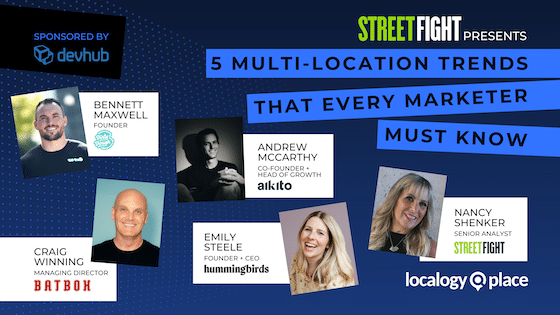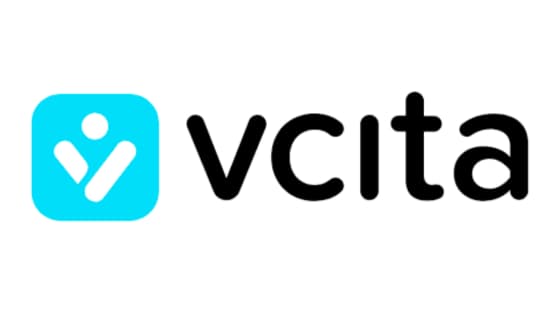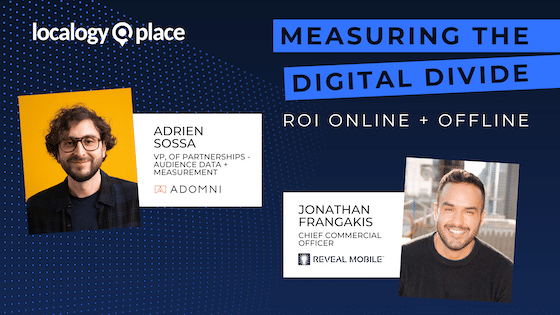Klarna is a leading buy now, pay later platform that wants desperately to shed the BNPL label in favor of….well, almost anything. One avenue for them seems to be a “shopping technology platform.”
The Swedish company hasn’t explicitly made that pivot. Right now, the company is flailing about with the following description. “A leading global retail bank, payments, and shopping service.” That sounds like management tossed some words into a dice cup and settled for this combo.
We will share a bit more later on why Klarna wants to be called anything but a BNPL platform right now.
For the moment, our focus is on an announcement the company made this week that shows it clearly wants to lean into the idea of becoming known as a shopping technology platform (our words, not theirs).
Riding The ChatGPT Bandwagon
Klarna announced yesterday that it has collaborated with OpenAI to build a ChatGPT plugin that offers shopping recommendations.
Klarna claims it is “one of the first brands to work with OpenAI to use its protocol to build an integrated Plugin for ChatGPT.”
The company reports that it “is set to go live with a highly personalized and intuitive shopping experience.” Klarna says it will do this “by providing curated product recommendations to users who ask the platform for shopping advice and inspiration, along with links to shop those products via Klarna’s search and compare tool.”
OK, cool. Everyone wants in on ChatGPT. We get it. And here is how Klarna Co-founder and CEO Sebastian Siemiatkowski describes it.
“I’m super excited about our plugin with ChatGPT because it passes my ‘north star’ criteria that I call my ‘mom test’, i.e. would my mom understand and benefit from this? And it does because it’s easy to use and genuinely solves a ton of problems – it drives tremendous value for everyone,” Siemiatkowski said.
The day when people stop talking about their “north star” will be a very good day indeed.
He goes on.
“Klarna is in a unique position to leverage the best technology and data to help people discover new products and solve problems for consumers at every stage of the shopping journey, and we’ll continue innovating to bring these services to our 150 million consumers.”
Changing the Subject
Siemiatkowski’s words – not the smarmy ones about his mom and north stars – support our view that this is part of a larger pivot we are seeing among BNPL players like Klarna, Affirm, and others who would like to see us change the language we use to describe them.
And to change the language, it’s often necessary to change the conversation.
And why is that you might ask?
BNPL has become a bit toxic. That isn’t particularly big news. Stories have abounded over the past couple of years on how BNPL is contributing to a consumer debt bubble, particularly among younger consumers. And that default rates have been rising.
And fortunes have definitely faded among the companies that have fueled the BNPL revolution. Rising interest rates, as well as social controversies, have been making life harder for the BNPL industry.
BNPL platforms typically pay merchants in full upfront for goods consumers buy via BNPL. The platforms then collect the balance from buyers over time, collecting late fees where applicable but often no interest. So they need to have large piles of cash on hand for this purpose. So the cost of funds is a make-or-break number for BNPLs. This week’s Fed rate hike, whether expected or not, was not good news for the BNPL industry.
Tough Times
Last year, Klarna itself saw its valuation fall by 85% as it sought yet more cash to keep it afloat. Affirm, the publicly traded face of BNPL, has also taken it on the chin as BNPL’s fortunes have faded. On March 25 last The stock has been as low as 8.62 over the past year, while its high was 51.49.
Of course, it makes sense for Klarna to fall into OpenAI’s loving embrace. Klarna has a massive installed base of users (around 150 million) and it should be continuously creating better shopping experiences for its customer base. And today that means somehow involving ChatGPT.
But the company – not to mention its competitors – also has an urgent need to change the conversation. And the current AI mania has provided a perfect opportunity to do so.
So will we see the end of “buy now, pay later”? The words will likely change. The industry certainly seems to want the language to change. But consumers still seem to enjoy having the option of paying just a little bit upfront for a watch or a plane ticket and worrying about the rest later.




